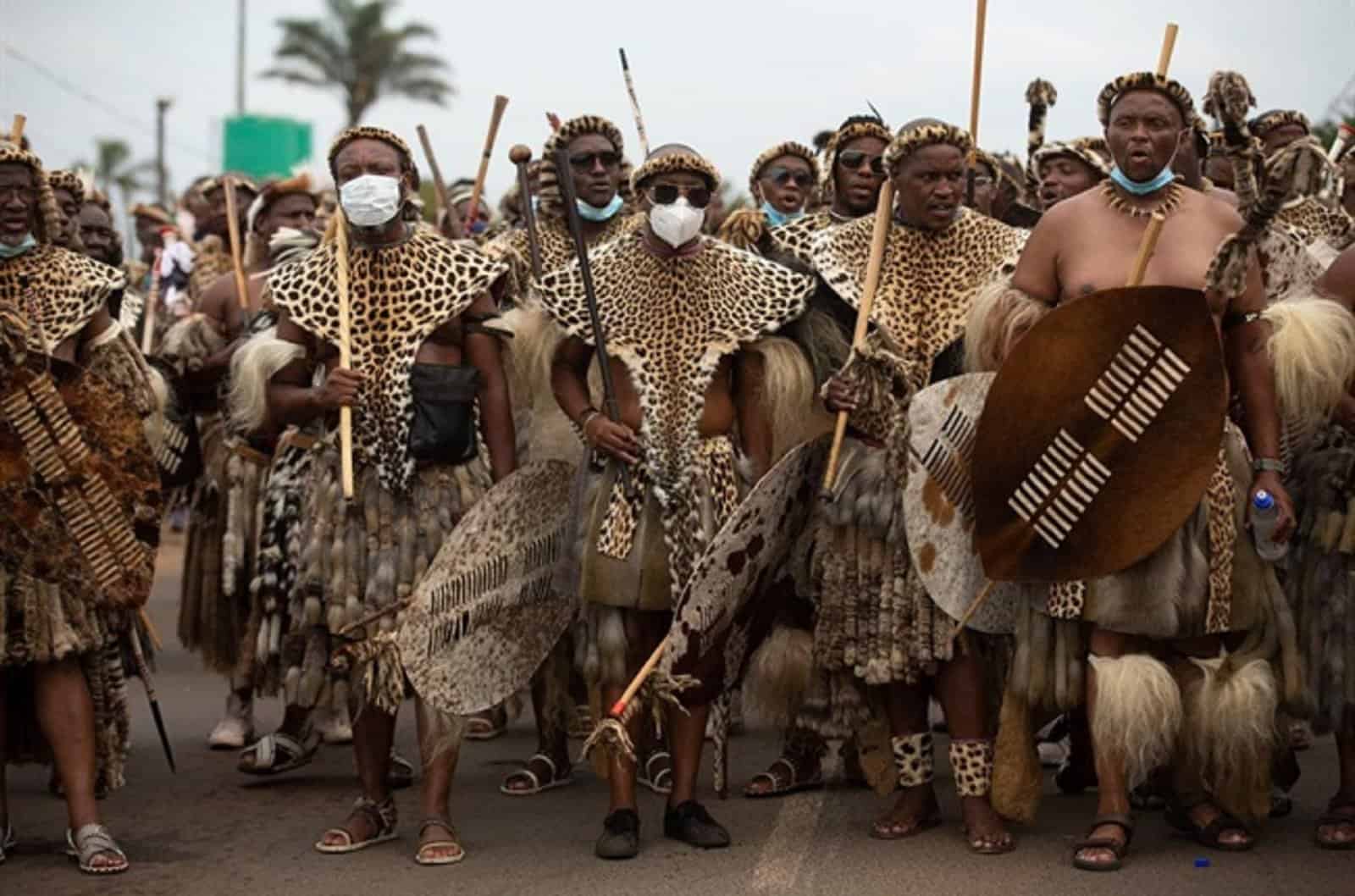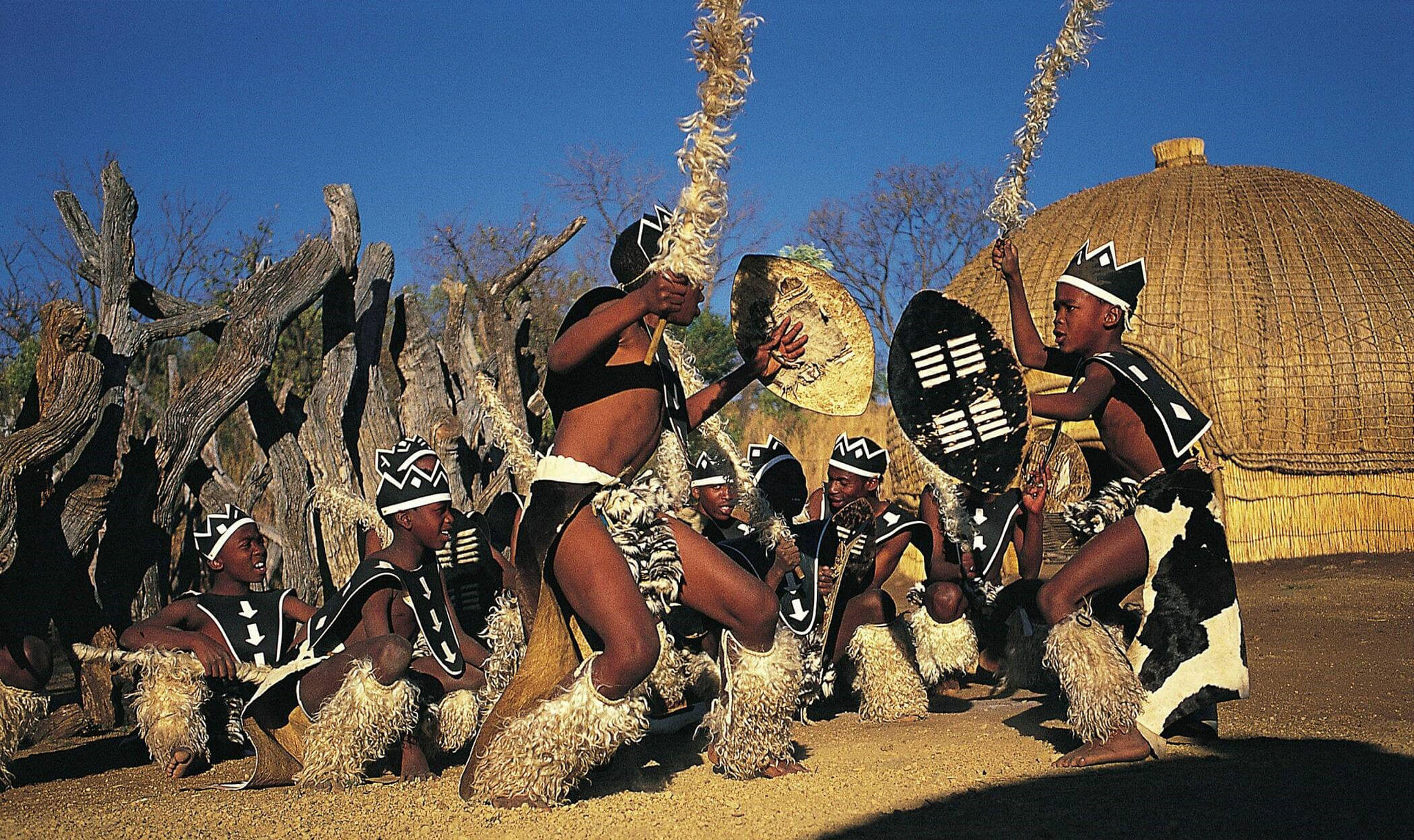You may have heard about the Ethiopian calendar which is seven years behind but did you know about the 13 Zulu calendar months? Did you know that September is a New Year for the Zulu’s and not January 1 as in the Gregorian calendar?
Many people wonder how one tribe, a majority in South Africa confine themselves to a 13-month calendar each with 28 days. The Zulu people are a special breed and a beacon of pride for Africa. They have held and preserved their culture against all odds and the pressure of a fast-evolving world. Despite it all, a traditional system guides this community.
Table of Contents
What are Zulu Calendar Months Like?
Zulu calendar months number 13 according to the lunar calendar which this community follows. It is a big departure from the conventional Gregorian calendar the world follows with a 12-month calendar cycle. The Zulu calendar carries a lot of unique aspects in the following ways.
Naming and Symbolism
Each month has a unique Zulu name and is symbolic of the kind of agricultural season there is. For example, August (uNcwaba) signifies new grass after the burning of vegetation. September (uMandulo) denotes the start of the farming season. Here is each month and its traditional name and what it symbolizes.

The Zulu people. Photo/Songs
- January – uMasingana (marks the search of a season for ripening crops)
- February – uNhlolanja (a month for dogs to mate)
- March – uNdasa (a season of food abundance)
- April – uMbasa (a month of satisfaction for cattle after heavy feeding)
- May – uNhlaba (Aloe plants bloom)
- June – uNhlangulana (wind blows off wind from leaves and the ground)
- July – uNtulikazi/uMaquba (dust blowing by wind season)
- August – uNcwaba (grass growing season)
- September – uMandulo (the start of the farming season)
- October – uMfumfu (crop growth season)
- November – uLwezi (a season of insects feeding on crops)
- December – uZibandlela (grass growing by the roadside)
Month Pattern Consistency
The calendar month has a consistent pattern that always aligns with the lunar cycle. However, each month only has 28 days.
The 13th Month
iNdida is the name given to what is today’s puzzle of Zulu calendar months. It symbolizes confusion or a puzzle and it completes a calendar cycle with only four to five days and the year is done. Weird? Definitely but it is the missing puzzle that helps you understand the calendar rationale of the Zulu people.
iNdida acts as an intercalary month to keep the lunar calendar aligned with the solar year. Since lunar months are slightly shorter than solar months, over time, the lunar calendar drifts out of sync with the seasons. This 13th month in the community’s calendar month acts as a catalyst. It corrects the ‘gaps’ between solar and lunar cycles every three years when the discrepancy becomes noticeable.
Studies into the Zulu calendar months indicate that traditionally, the decision to add iNdida was made through consensus among community elders. Each decision made was based on observations of natural markers and agricultural cycles.
What is September in isizulu?
September in isiZulu marks the start of a farming season right after preparing the land by burning of vegetation in late June to early July. Farmers troop to their pieces of land to plant because it is the start of a New Year going by the lunar cycle. Planting is symbolic of new beginnings usually signified by planting.
The Gregorian calendar puts September as the ninth month but the first month of the year for the isiZulu-speaking community. Many tribesmen welcome it with renewed hope marked by certain community rituals to guarantee a bountiful harvest months later. The arrival of uMandulo is traditionally welcomed with the “Ukuthela Ntuthu” ceremony. This ritual involves community members gathering to cleanse and bless the land for a fruitful harvest.

Zulu People. Photo/Rhino Africa Blog
Song, dance and food characterize this ceremony which elders say unites and strengthens social bonds within the community. It creates a platform for elders to share their wisdom with the younger generation and also pay tribute to their ancestors. Essentially, September means this for the Zulu people:
- New beginnings
- A chance to foster unity among community members
- A month to teach the norms of the community
- A month to reconnect and appease ancestors
- A moment to continue and safeguard communal traditions
- Safeguarding the relevance of agriculture to the community.
Why is January Called Umasingana in Zulu?
January is called Umasingana to denote a month of scouting for ripening crops mostly pumpkins which are a staple in this community.








